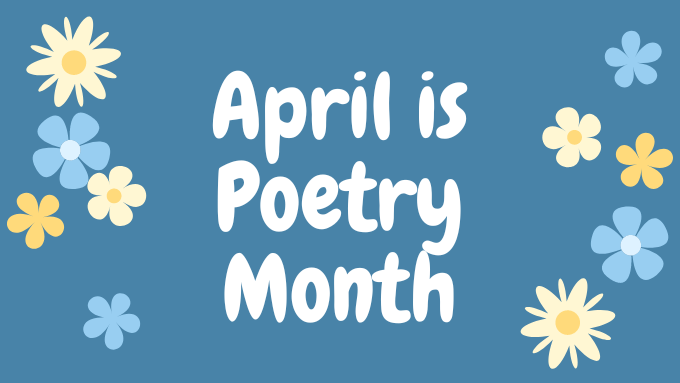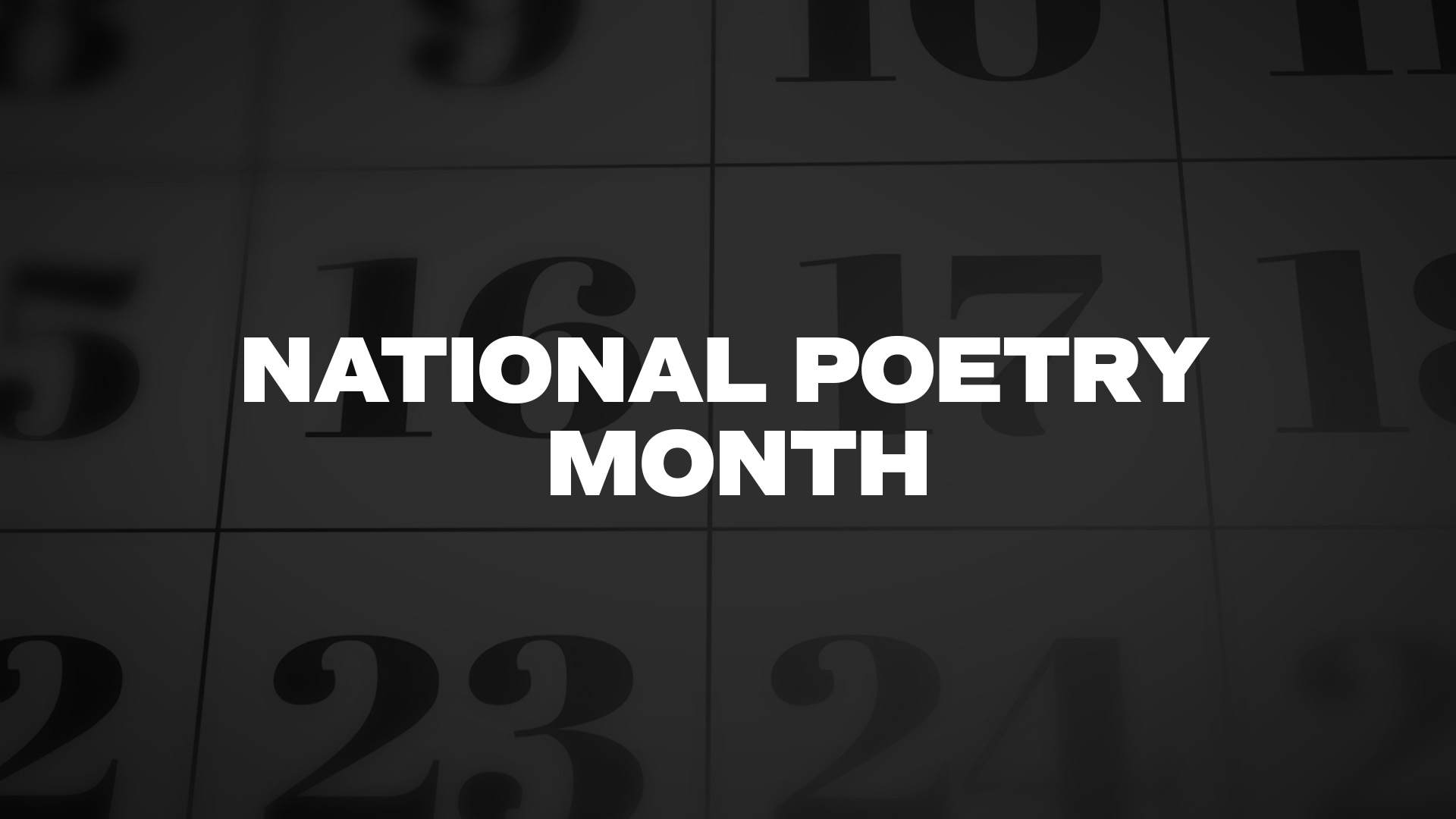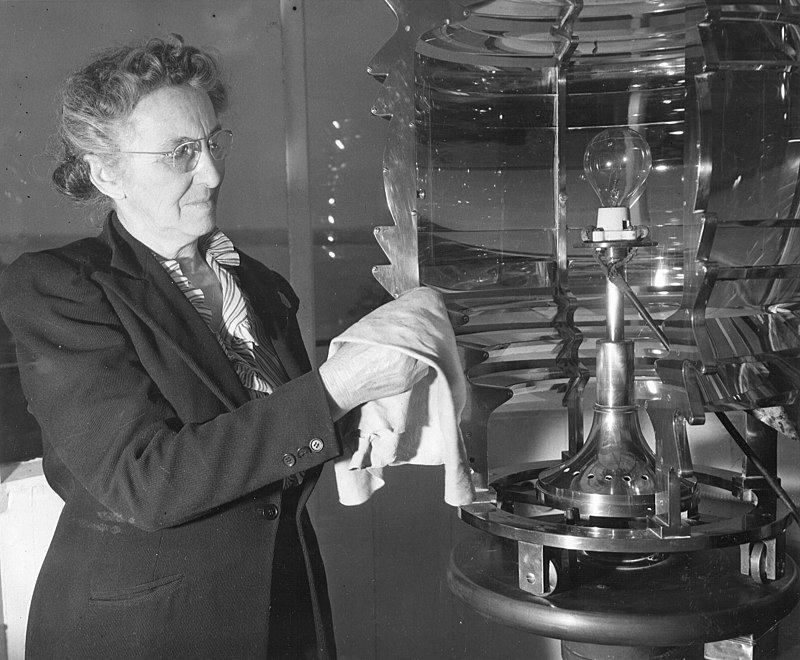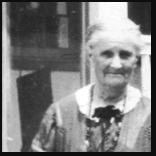The Cecil Whig, Cecil County’s only newspaper, has been published since 1841. Since then, it’s been a source of local news, sports, and entertainment. What most people don’t know is that in its early days, the Whig also published poetry in each issue up until the late 1800s.
Some of the poems published were from other newspapers or magazines, and some of the poems were written by Cecil County residents. The poetry often appeared on the front page of the paper, taking up about one-third of a column. Sometimes multiple poems appeared in an issue. The first issue from August 7, 1840 had three poems. One of them, “Oh Drunkard Awake”, established the Whig’s position on the consumption of alcohol. No author is listed other than the letter M. It was written for the Cecil Whig. One verse says,
“Oh Drunkard awake! For thy children ask bread
And the last ray of hope from their bosoms hath fled
Thy wife pines in grief, her heart is o’ercome
Oh cease then thy reviles, and hasten thee home.”
In future issues, topics and themes of the poetry varied. One common theme was lost love. In the May 3, 1862 issue, a poem written for the Cecil Whig appeared. The title was “Absent, But Not Forgotten”. The flowery second verse went:
“Absent, but not forgotten – why
Doth separation cause thee thus to mourn?
Hath some false one wooed and won thee but to fly,
And leave thee weeping o’er the past forlorn?
Or if truthful still, yet absent and afar,
The flame is cherished Love hath taught to burn
And hope portends, like morning’s beaming star
The light of other days will soon return.”
Many of the poems dealt with the sadness at getting older. Titles such as “The Dying Year”, “Dreams”, and “Heart Yearnings” expressed sorrow at lost youth. “They tell me She’s no longer Fair” appeared in the November 13, 1841 issue. No author is listed for this one.
“They tell me she’s no longer fair,
That time has swept aside
The lustre of her youthful brow,
Her beauty’s blooming pride –
But, if her heart is still the same,
Still gentle as of yore,
Then she is beautiful to me –
More lovely than before.”
Businesses also used poetry in their advertisements. Bennett and Co.’s Tower Hall of Philadelphia advertisement in the September 8, 1860 edition was a simple humorous poem. “A Dandy Nailed” was supposedly written by the “Bard of Tower Hall”. It tells the tale of a young man who spent all of his money on fancy clothes to impress the ladies. Once he meets one, he kneels and proposes, to no avail – his fingernails were dirty and she sent him on his way. The final verse says,
“Note –
Let every man who wants a wife,
To be his heart’s dear queen,
Buy clothes at Tower Hall and keep
His nails and conscience clean.”
On April 16, 1864, during the Civil War a poem appeared in the Cecil Whig titled “The Last Request”. The author is listed as T.M.L and it was written for the Cecil Whig. The poem was about a dying soldier from the shores of the Chesapeake Bay. No mention is made of which side he is fighting for.
This is the first verse of the sad poem.
“‘Twas on Virginia’s battle field
A soldier dying lay
His thoughts were on his cottage home
Beside the Chesapeake Bay
A comrade knelt beside him
To hear his last request,
And bear his lifeless form again
On the old bay shore to rest.”
All of these poems can be found in the Cecil Whig on Chronicling America’s website.






